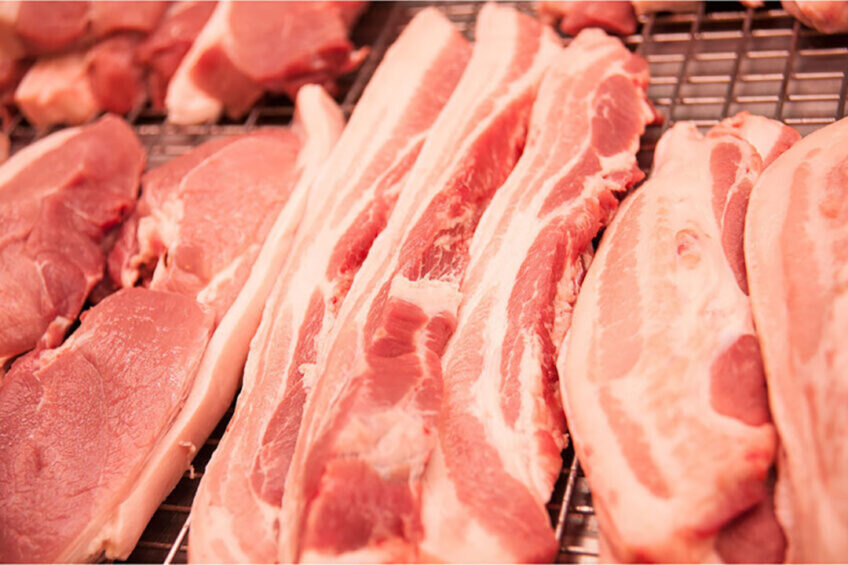June 16, 2025 | 08:50 GMT +7
June 16, 2025 | 08:50 GMT +7
Hotline: 0913.378.918
June 16, 2025 | 08:50 GMT +7
Hotline: 0913.378.918
Russian veterinary body Rosselhoznadzor announced. Nevertheless, it will take some time before the first shipments will follow.

Photo: Canva
China imposed restrictions on Russian pork in 2008 after the first ASF outbreaks occured in the southern regions of the European part of the country. Rosselhoznadzor said that it worked strenuously during the last 10 years to get the ban annulled.
The Russian pig industry welcomed the move. Sergey Kovalev, chairman of the Russian Union of Pork Producers (RUPP), told local state news outlet Interfax: “The Chinese authorities have recognised Russian regionalisation of ASF, which is a consequence of the Russian side providing objective, comprehensive and complete information about the system of control, surveillance, monitoring and methods of combating this disease. Talks between veterinary officials and negotiations at the top political level played a big role in getting the ban lifted.”
Over the past few years, Russia has been expanding pork export, and no complaints about the quality have ever been raised, Kovalev claimed. Russia plans to sell around 200,000 tonnes of pork to China per year, Russian government agency Agroexport said in a statement. China imports around 2 million tonnes of pork per year, so Russia targets to get hold of a 10% stake in the Chinese pork market.
In 2023, Russia will sell around 200,000 tonnes of pork to foreign customers. That will make it the 8th world’s largest exporter of this type of meat. Kovalev estimated that with the opening of the Chinese market, this figure could grow to 400,000 to 500,000 tonnes per year. If that forecast comes true, he added, Russia will enter the list of the top-5 world’s largest pork exporters.
Export will determine the future shape of the Russian pig industry, Kovalev said. He estimating that this year, Russian pork production will grow by 5%, and the same growth pace is anticipated in 2024. “To a large extent, ongoing investments in the industry are being made, with a bet on a future increase in exports. In recent years, a number of companies launched new pig farms eyeing the Asian markets.”
There is still a long way ahead before the actual pork deliveries can begin, Kovalev said. The 2 countries need to do some technical work to harmonise veterinary regulations.
(PP)

(VAN) Extensive licensing requirements raise concerns about intellectual property theft.

(VAN) As of Friday, a salmonella outbreak linked to a California egg producer had sickened at least 79 people. Of the infected people, 21 hospitalizations were reported, U.S. health officials said.

(VAN) With the war ongoing, many Ukrainian farmers and rural farming families face limited access to their land due to mines and lack the financial resources to purchase needed agricultural inputs.

(VAN) Vikas Rambal has quietly built a $5 billion business empire in manufacturing, property and solar, and catapulted onto the Rich List.

(VAN) Available cropland now at less than five percent, according to latest geospatial assessment from FAO and UNOSAT.

(VAN) Alt Carbon has raised $12 million in a seed round as it plans to scale its carbon dioxide removal work in the South Asian nation.

(VAN) Attempts to bring down the price of the Japanese staple have had little effect amid a cost-of-living crisis.